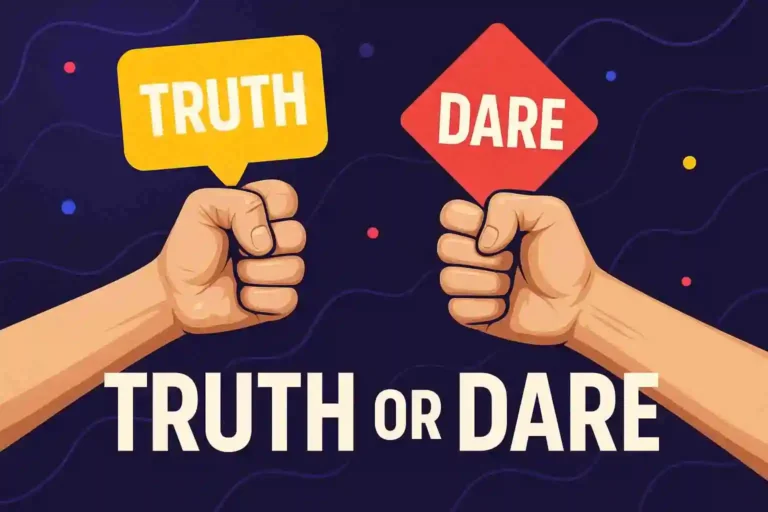Do Expiration Dates Really Matter for Your Medicine?
Expiration dates are printed on everything from your bottle of vitamins to the prescription medicines in your cabinet. But what do these dates actually mean? Are expired medicines harmful? Can you still use them safely after the printed date?
This guide is here to help you understand the truth about expiration dates, especially in the medical and pharmaceutical world. Whether you’re a student, a patient, or simply curious, learning how expiration dates work can help you make smarter and safer decisions.
What Is an Expiration Date?
An expiration date is the last day a product is guaranteed by the manufacturer to be safe and effective when stored under recommended conditions. In medical products, this means the drug will still work as intended and won’t cause harm until that date.
Think of it like a guarantee from the company: if used before this date, the product will perform exactly as promised.
Real-Life Example:
Imagine you buy a bottle of pain relief tablets in January 2025. The label says “Expires: January 2027.” This means if you store it properly (in a cool, dry place), it should still work effectively until the end of January 2027.
Key Terms Explained Simply
1. Shelf Life
Shelf life is the time during which a product remains usable and safe to consume. It starts from the manufacture date, not the purchase date.
- Example: A cough syrup may have a shelf life of 2 years. If it was made in January 2023, its expiration date will be in January 2025.
2. Use-By Date
This is usually seen on supplements and over-the-counter medications. It’s the last recommended day to use the product for best quality.
- Example: A bottle of fish oil may say “Use by Dec 2025”. After that, it may not be dangerous, but it could lose its effectiveness.
3. Best Before Date
This term is more common in food products but sometimes used in health supplements. It indicates when the product may start losing quality, but not necessarily become unsafe.
4. Batch Number and Manufacture Date
These help track the product’s history. In medical recalls or safety alerts, these numbers are crucial.
Are Expired Medications Dangerous?
This is one of the most common questions in health and medical education.
According to studies from the FDA and military research, some medications may retain most of their strength even years after expiration. However, there are important exceptions.
Medications That May Be Unsafe After Expiration:
- Insulin – may lose its strength and affect blood sugar control
- Nitroglycerin – used for chest pain, degrades quickly
- Liquid antibiotics – may become ineffective or grow bacteria
- Vaccines and biologics – lose potency rapidly
Healthcare safety is a priority, and for medications that treat life-threatening conditions, it’s never worth the risk.
Why Do Expiration Dates Matter in Healthcare Education?
Understanding expiration dates is essential in pharmacy education, nursing training, and clinical safety. Health professionals must check these dates regularly to avoid giving expired medications to patients.
Expired drugs can lead to:
- Reduced effectiveness – the drug may not work
- Harmful chemical changes – though rare, this can cause side effects
- Legal and ethical issues – healthcare workers are responsible for patient safety
That’s why proper storage and regular inventory checks are part of hospital pharmacy protocols.
Can You Extend the Life of Your Medicines?
Yes, but only under safe storage conditions. Here’s how to help preserve your medicines:
- Keep them in original packaging to avoid moisture and air exposure
- Store at room temperature unless it says otherwise
- Avoid bathrooms – heat and humidity reduce shelf life
- Check with your pharmacist if unsure
Proper storage is also a key topic in medical student courses and public health education.
- Patients often ask is it safe to take expired medicine during clinic visits.
- Learning how to dispose of expired medications safely is part of most nursing and pharmacy curriculums.
- One of the top searched questions is can I still use expired antibiotics, which can be dangerous without proper guidance.
What To Do With Expired Medicines?
Never throw them in the trash or flush them down the toilet. Instead:
- Use a medicine take-back program if your city offers it
- Ask your local pharmacy if they accept expired drugs
- Follow FDA guidelines for disposal, which include mixing drugs with unappealing substances like coffee grounds before sealing in a plastic bag
This topic is especially relevant to public health and environmental safety, like medicine disposal near me and how to throw away expired prescriptions safely.
How Expiration Dates Differ Between Products
| Product Type | Shelf Life | Storage Tip |
|---|---|---|
| Tablets/Capsules | 1-5 years | Room temp, dry place |
| Liquid Syrups | 6 months – 2 years | Refrigerate if directed |
| Eye Drops | 28 days after opening | Keep tightly sealed |
| Inhalers | 1-2 years | Avoid extreme temperatures |
| Supplements | 1-3 years | Store in dark, cool place |
Common Misconceptions About Expiration Dates
Myth 1: Expired means toxic
Truth: Most expired medications just lose potency, not safety. However, there are exceptions, especially for critical treatments.
Myth 2: All medications must be discarded the day after expiry
Truth: While it’s safest to follow the date, some medicines retain strength for weeks or months after expiry. Always consult a professional.
Myth 3: Natural or herbal products don’t expire
Truth: Even natural remedies and Ayurvedic supplements lose potency over time.
Conclusion: Be Smart, Be Safe
Understanding expiration dates helps you protect your health, reduce waste, and save money. Whether you’re using over-the-counter medicine, prescription drugs, or herbal supplements, knowing how long they stay effective is essential.
By educating yourself about medical product expiration, you’re taking a smart step toward better health management. If you’re ever unsure about using an expired product, consult a healthcare provider or pharmacist.
And always remember: health literacy is the first step to better care.
Share your favorite moments with us on Instagram!
Don’t keep this to yourself—share it with a friend!
























